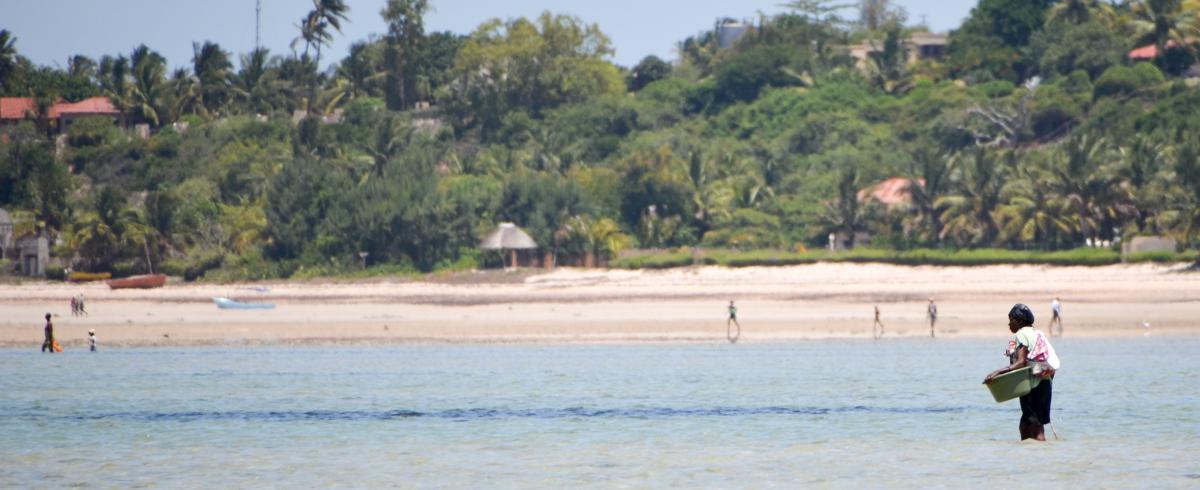Marine Tenure and Small-Scale Fisheries: A Sourcebook on Good Practices and Emerging Themes
Marine Tenure and Small-scale Fisheries: A Sourcebook of Good Practices and Emerging Themes (Sourcebook) draws on findings from scholarly research, policy documents, development projects, and publications by development practitioners, researchers, and nongovernmental organizations to explore good practices and emerging themes in marine tenure and small-scale fisheries.

